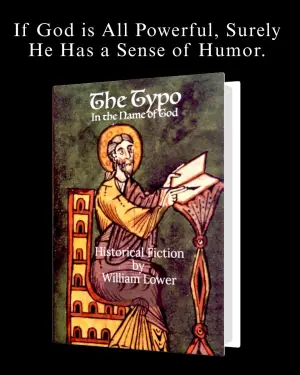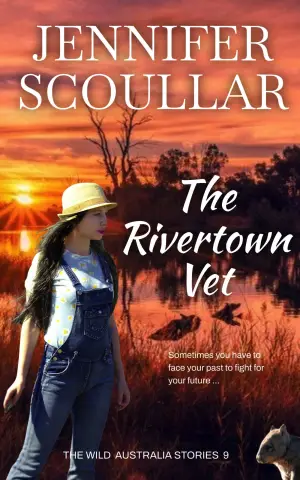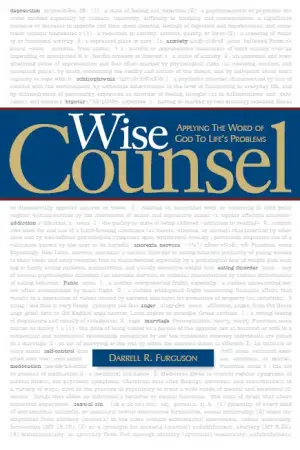It’s Not the End of the World: A Tumultuous Dystopian Ride
When I first stumbled upon “It’s Not the End of the World” by Kurtis J. Hagan, I felt as if the universe orchestrated this encounter just for me. The premise ticked off every box on my wishlist: climate change fiction, a political dystopia rife with social commentary, the struggles of queer couples yearning for acceptance, and a touch of horror that gives you goosebumps. How could I resist diving into this chaotic tapestry of modern anxieties?
At the heart of the story is Mason and Yunho, who are on the brink of hosting a baby shower, a quintessentially joyous event turned precariously symbolic amid rising chaos. Their celebration signifies more than just their love—it’s a beacon of hope in a world threatened by ominous forces. Just as they try to secure a semblance of joy, the mysterious pink smoke enveloping L.A. mirrors the web of fears they dread. What unfolds is not just a tale about two men preparing for fatherhood, but a poignant exploration of survival in an America increasingly consumed by christofascism, environmental collapse, and rampant consumerism.
Hagan manages to weave a chillingly plausible dystopian narrative, where characters like Yunho find themselves embroiled in battles against institutions seeking to squash artistic expression. The glares of selective enforcement stem from a society that quashes dissent, leaving readers grappling with the frightening resemblance to our current state. But it’s not all a grim recounting—there are glimmers of resilience, moments that echo the collective struggle for authenticity and justice.
However, the book’s writing style often falters in its ambition. At times, I found myself wading through long, winding sentences that seemed desperate to deliver grand ideas but fell flat in clarity. The dialogue, which at points felt caricatured and outlandish, occasionally pulled me out of the narrative. An example that stuck in my mind was a scene with a baker detailing WeatherMod, which veered into absurd territory rather than offering genuine insight. Most jarring was how quickly the pacing shifted, leaving important themes to be explained in ways that lost their impact.
While Hagan’s ambition shines through in the layered narrative, some elements—like the seemingly implausible survival of Mason amid catastrophic events—took me out of the story. By the end, I found myself with more questions than answers about character development and motivations, especially regarding The Ranch and its troubling approach to indoctrination.
Yet despite these critiques, the book steadfastly lingers in my thoughts. It may falter in execution, but the themes it strives to address resonate deeply with the realities many face today. “It’s about how to have hope in a hopeless world,” as Hagan eloquently captures. This has prompted me to reflect on my own resilience and the societal structures floating around us, just waiting to be challenged.
For anyone grappling with the state of our planet, the longing for connection, or simply looking for a provocative read that dances on the edge of hope and despair, this book will strike a chord. It’s not flawless—far from it. Yet, it dares you to engage with discomfort and form your own conclusions about a world spiraling towards oblivion. And in that journey, I found enough sparks of brilliance to keep me invested long after the last page was turned.
Discover more about It’s Not the End of the World on GoodReads >>






